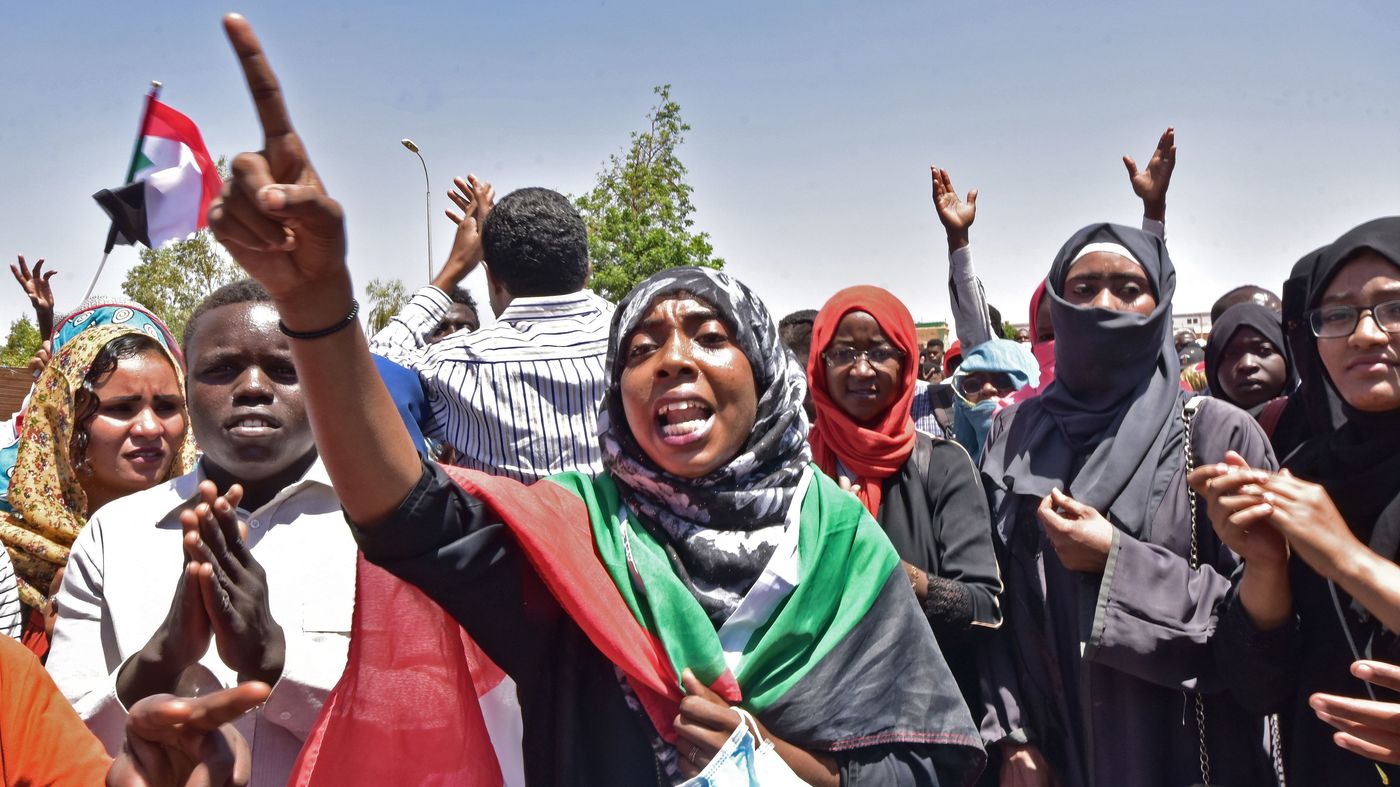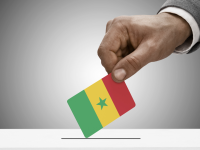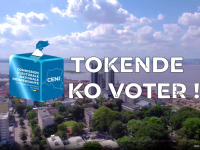A Day of High Anticipation Today marks a momentous occasion in Senegal as citizens gather…

Democratic transition in Sudan: challenges and possibilities
In the midst of life’s battles against thought and action that lead to tyranny, moral awareness should be awakened and trained in resistance and victory. Thus, the revolutionary awareness is formed that seeks to build a revolutionary moral system that diagnoses the crisis according to a methodology and then sets the parameters of awakening through executable programs and not pure dreams.
When battles are conducted that target tyranny, the conscious masses are attracted, aware of the depth of the crisis and the gravity of reality, and they work in organizations that are resistant in most cases. This reality produces a rebellious human being who defends the highest moral values. Through the battles, he/she acquires qualitative experiences that help him/her to withstand and at the same time tests his personal capabilities for steadfastness and resistance.
The real crisis begins when the period of resistance to tyranny is prolonged, which crystallizes a new mentality experienced in resistance, a mentality that knows how the enemy thinks and the centers of strength and weakness in it. If this mentality succeeds in persuading the masses, it will overthrow tyranny and be at the forefront of the masses, thus achieving a stage of paramount importance that will restore confidence in the efficacy of the revolution.
After winning the battle against tyranny and removing it from the top of the government, the real battles of eliminating tyranny as an idea and a practice appear because the tyrant has succeeded in varying degrees in building the tyrannical mind, and removing the tyrannical mind is a battle in which tools are used that differ in quantity and type from those used to bring down tyranny. The tyrannical mind has dark wings that hang over the details of daily work if it is not eradicated and the enlightened anti-breaking consciousness is provided.
We may find, among the forces of the revolution, someone who carries an emotional revolutionary mind and who does not believe in the importance of building creative enlightenment foundations that are commensurate with the post-projection the same enemy. The inability to deal with the new reality with its new militant identity inevitably leads to intellectual stagnation and disorientation.
The emotional revolutionary mind collides with the ceiling of the hypothetical ambitions for which it worked, represented in the change that did not happen as it expected, and this results in a state of frustration due to the existence of the big questions, foremost among which are who we are, what we want, and how to achieve what we want?
The conscious masses who are the leaders of change are facing the test of the alternative, the demands of the simple people to provide bread, and who have also fallen victim to the dreams of safe change. This crisis is one of the obstacles to the democratic transition. The simple people are often not concerned with the complexities of what the tyrannical mind has left.
To answer the urgent questions of transition, there should be ideas that employ revolutionary energies and transform them into construction. This is the duty of the active intellectual who possesses the intellectual tools necessary for change and the powerful ability to unite the masses around the concept of revolution.
The active intellectual is the one who dismantles life challenges and turns them into daily working tools around which the vanguard masses gather. There is an inverse relationship between awareness and tyranny. As the pace of work increases to raise the values of goodness, justice, love and beauty, the values of tyranny dwarf. The active intellectual is not satisfied with criticism and exposing weaknesses, but rather works to fix them, and this is what the thinkers of the great revolutions worked on to come up with. Most revolutions fail due to their inability to activate the demands of the revolutionary masses and the lack of qualitative unity around concepts. This of course leads to the conflicting forces of the revolution, and here I mean the necessity of defining the overall concepts that formed the slogans of the revolution and downloading them to the enents of life. For example, freedom is a supreme value, but its definition is surrounded by great complications, and each individual or group may have a conception of the meaning of freedom, and often there is no precise definition of the word freedom, which hinders an important stage in revolutions, which is what is known as the stage of transition or democratic transformation.
When the democratic transition takes its first steps, it collides with the tyrannical mind, which has established for the simple that a loaf of bread is more valuable than freedom, and that silence over injustice contains safety and escape from the tyranny’s tyranny. We may notice that the simple people raise their voice in the days of democratic transition and their demands increase after they feel safe, so a new mentality appears that awaits solutions without contributing to them.
Whenever the voice of the simple against the revolution rises, this indicates the slowness of change and the weak influence of the revolutionary vanguard, which has a duty to deal with these developments with a program of work whose priority is to educate the masses about the size of the crisis and the solutions offered and to work to attract the simple to public action by expanding the horizons of political and social work through civil society organizations and others.
There is a problem that is not simple, which is that eliciting knowledge from the elites may be completely contradictory, which leads to a total difference after the victory over tyranny. There are forces that contribute to resisting tyranny, but they carry a new tyranny that does not respect diversity and difference, of course. Tyranny does not respect the other so that practice narrows it down, so it resorts to exclusion of the forces of the revolution itself, thus narrowing the horizon of the revolution and turning conflicts into wolves that prey on change.
The new authoritarians may justify their actions by their eagerness for the revolution and their ability to defeat its enemies. Justification may seem logical from the formal point of view, but it is rejected because it establishes a new dress of authoritarianism based on the centrality of saying and deed and the standardization of truth and falsehood. Certainly, this is not a call to allow the enemies of the revolution from those who have been overthrown, the enemies of freedom do not deserve it. The vanguard must be aware that respect for diversity and commitment to managing diversity and difference on the basis of peaceful conflict to produce real stability so that the balance of democracy is the most preponderant.





